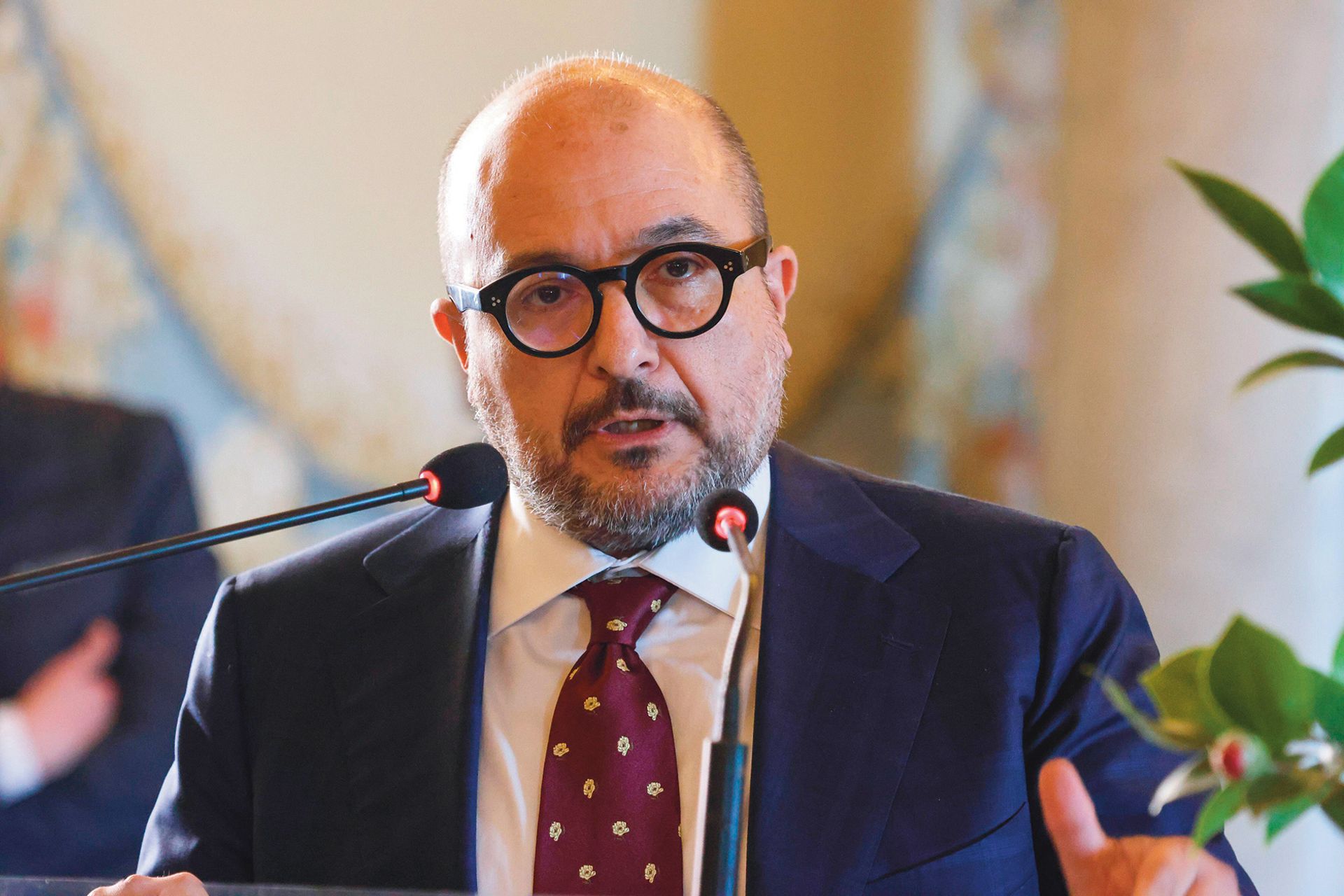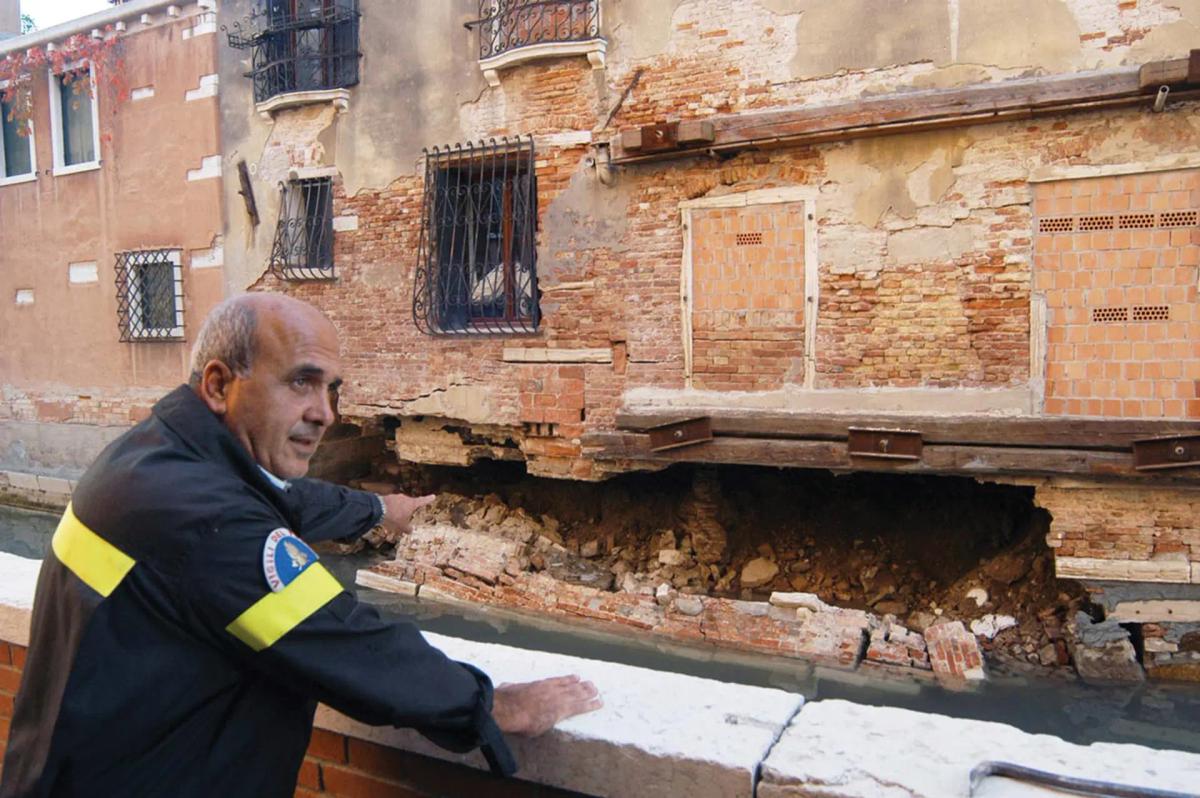On 14 September, the Unesco World Heritage Committee, the governing body of the World Heritage Convention, meeting in Riyadh, Saudi Arabia, voted against the recommendation of the World Heritage Centre (WHC), the Convention’s permanent secretariat, that Venice be added to its list of endangered sites.
Not one national representative spoke in favour of the proposal, many quoting from the heavily spun report submitted by Italy in November 2022: Italy has shown its commitment to Venice with the €6.5 billion invested in the mobile flood barriers and by building housing within the city, they said. Never mind that the construction of the barriers was delayed for years and riddled with corruption and that there is no plan to deal with the separate and lethal threat from sea-level rise; and the private housing is being built on public land that had been destined for public use.
But the clincher so far as the national representatives in Riyadh were concerned was the recent announcement by the Venice council that, as from spring 2024 it would be introducing a €5 entrance ticket to be paid by day-trippers to the city.
By springing this much discussed and often postponed novelty on the world, Venice pulled off a PR trick like the one just before the 2021 World Heritage Committee session, at which it had already risked listing, when it announced that it would be banning the cruise ships from the centre of the city. Never mind that the problem of the vast commercial ships coming into the port of Marghera remains unaddressed, and that the tourist ticket is not combined with any plan to reduce the number of visitors.
Although not one of the representatives supported the World Heritage Centre’s recommendation, the WHC repeated its concerns regarding Venice, especially mass tourism, the plans to build high-rises in the (still undefined) buffer zone around the site and climate change. In view of Italy’s reluctance to communicate with the WHC between the 2021 meeting and its 2022 state of conservation report, the WHC asked it to invite an advisory mission from the WHC, Icomos and Iccrom, the expert bodies advising Unesco, and to submit a report by February 2024 so that the condition and administration of the site can be reconsidered at the next meeting of the Committee in the summer of 2024.

Gennaro Sangiuliano, the Italian minister of culture © Fabio Sasso/ZUMA Press Wire, ZUMA Press, Inc./Alamy Live News
The meeting in Riyadh was preceded by unprecedented politicking on the part of Italy, led by Gennaro Sangiuliano, the minister of culture and a former right-wing journalist, to obtain the support of the World Heritage Committee. The mayor, Luigi Brugnaro, sent his deputy and a council member to Riyadh. The ministry of foreign affairs took its orders from government and, as in the past, instructed its ambassador to Unesco to persuade his opposite numbers in the nation states on the Committee to vote against the recommendation.
In Italy, the campaign was marked by a new, overt hostility to Unesco and spin. In an article of 6 August in the leading Italian newspaper, Corriere della Sera, a former minister and now president of the Venezia Capitale Mondiale della Sostenibilità (Venice World Capital of Sustainablity) foundation, Renato Brunetta declared that, “With repeated arrogance Unesco wants to have the last say on all plans for Venice”, but that the city was well looked after by the government, and “especially by the passion of its inhabitants and all Italians”. He went on to attack the World Heritage Site scheme as a whole, saying that Unesco distributes the accolade of World Heritage Site in order to enlarge its power, which then attracts tourists and ruins sites. The reality is that the request has to come from nation states and Unesco tries to manage this growing demand.
After the decision in Riyadh, Sangiuliano said, “This is a victory for all of Italy. It is a defeat also for those who play politics...common sense has prevailed…this was an unnecessary, purely political manoeuvre without any basis in objective fact. Venice is therefore not in danger”.
Mayor Luigi Brugnaro, a local businessman, met the decision with a lurid purple internet posting dotted with emoticons proclaiming, “A great VICTORY at Unesco. Venice is not at risk. The world has understood all the work we have done for the city, unlike some people in the opposition in our TOWN”, a reference to the citizens’ action groups such as We Are Here, Venice and No, alle Grandi Navi, which have been campaigning for years for more transparent, public-spirited and far-sighted administration of the city, not to mention the numerous authoritative scientists who are warning of the fatal implications of sea-level rise.
For the record, these were the nations represented on this year’s World Heritage Committee: Argentina, Belgium, Bulgaria, Egypt, Ethiopia, Greece, India, Italy, Japan, Mali, Mexico, Nigeria, Oman, Qatar, Russian Federation and Rwanda.
• Anna Somers Cocks was the chair of the Venice in Peril Fund, the British charity for the safeguarding of Venice, 1999-2012. She is the founding editor of The Art Newspaper


